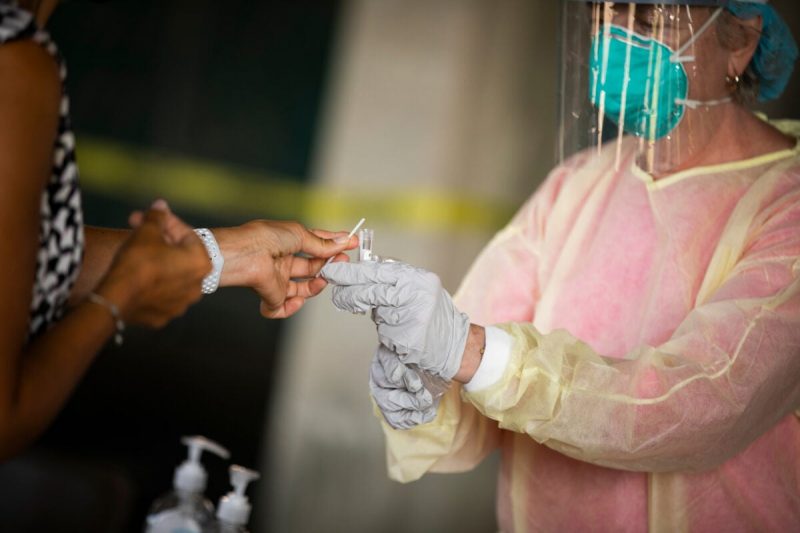Vaccines against the novel coronavirus have been developed at an unprecedented speed, but the virus has continued to outpace efforts to curb its spread. The rapid development of vaccines has been an extraordinary feat of science and collaboration, with multiple vaccines being authorized for emergency use within less than a year since the pandemic was declared. However, as countries race to vaccinate their populations and build immunity against the virus, new variants have emerged that threaten to undermine these efforts.
One of the biggest challenges in the fight against COVID-19 is the constant evolution of the virus. Mutations in the virus’s genetic code have led to the emergence of new variants that may be more transmissible, evade immune responses, or reduce the effectiveness of vaccines. The B.1.1.7 variant, first identified in the UK, has quickly spread to other countries and is believed to be more contagious than earlier strains. Similarly, the B.1.351 variant, first identified in South Africa, has shown some level of resistance to certain vaccines.
The emergence of these variants highlights the importance of continued vigilance and the need for a global response to the pandemic. While vaccines offer hope for controlling the spread of the virus, they are not a silver bullet. Vaccination alone may not be enough to achieve herd immunity and prevent future outbreaks if the virus continues to mutate and evade immunity. This underscores the importance of ongoing surveillance, genomic sequencing, and international collaboration to monitor the evolution of the virus and adapt public health measures accordingly.
In addition to the challenges posed by new variants, there are also logistical and equity concerns surrounding vaccine distribution. While wealthier countries have been able to secure large supplies of vaccines and roll out vaccination campaigns quickly, many low- and middle-income countries are facing delays in vaccine delivery and distribution. The global vaccine rollout has been uneven, with some countries struggling to access sufficient doses to vaccinate their populations, leading to concerns about vaccine nationalism and global inequality.
Efforts to accelerate the production and distribution of vaccines to ensure equitable access for all countries are essential to ending the pandemic. Initiatives such as the COVAX Facility, which aims to provide vaccines to low- and middle-income countries, are crucial in ensuring that no one is left behind in the fight against COVID-19. Collaboration between governments, international organizations, and pharmaceutical companies is needed to address supply chain issues, expand manufacturing capacity, and remove barriers to vaccine access.
In conclusion, the development of vaccines against COVID-19 has been a monumental achievement, but the fight against the virus is far from over. The emergence of new variants, logistical challenges in vaccine distribution, and global inequities in access to vaccines all pose significant hurdles to ending the pandemic. International cooperation, sustained public health measures, and a commitment to equitable vaccine distribution are key to overcoming these challenges and bringing the pandemic to an end.

